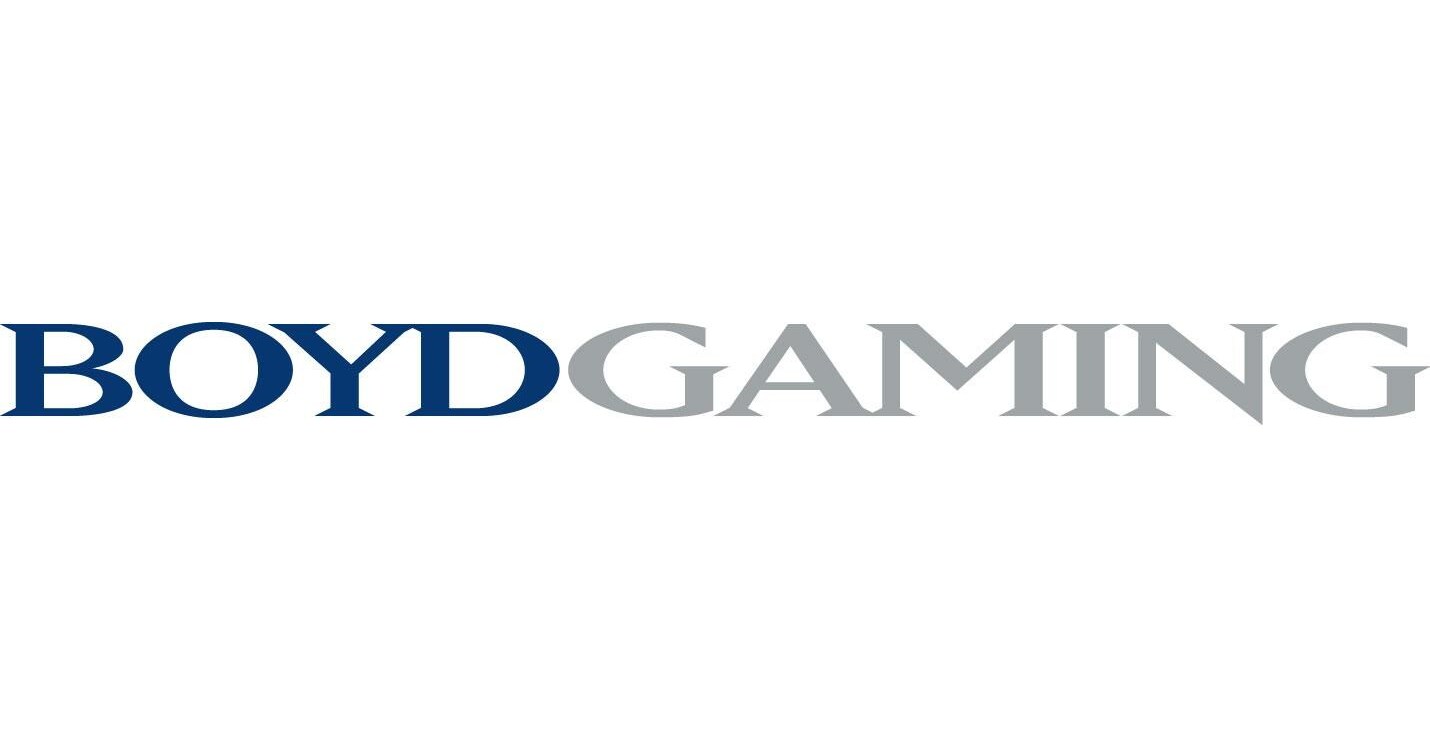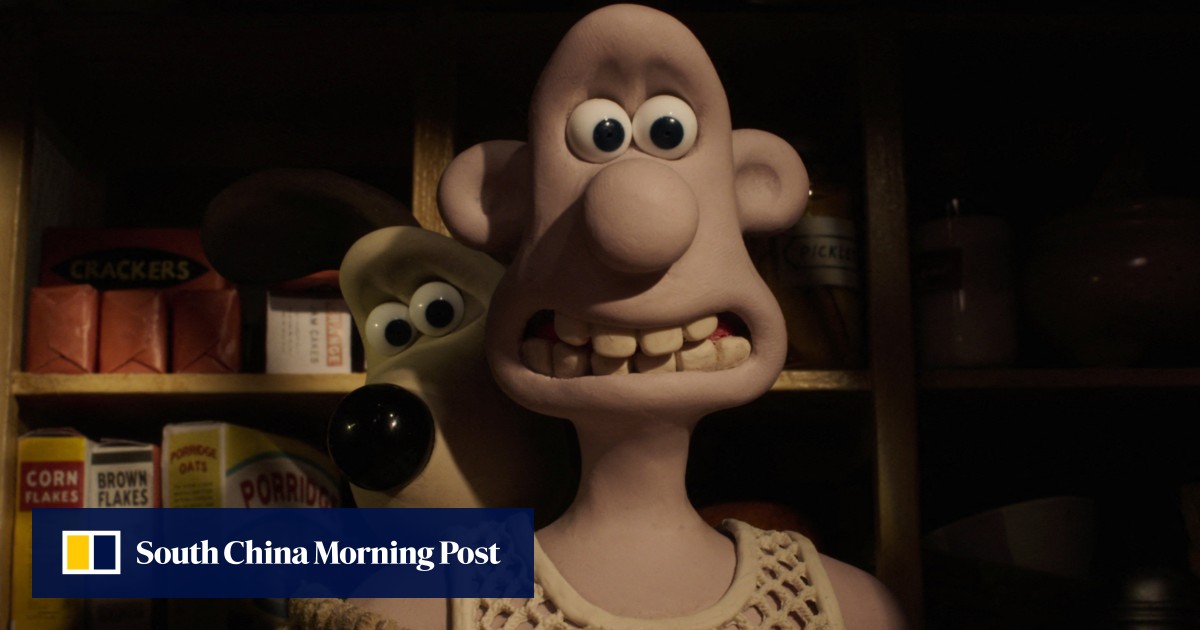The waiting was excruciating. Almost every time I visited, I was met with a promise that something would be no longer than 20 minutes away, only for it stretch out, often into hours. I waited for the doctors to finish their rounds. I waited for Dad to be washed or moved or for his lines to be changed. I waited as the receptionist had lunch, taking the ability to access the ward with them. On several occasions, I gave up and went home.
Ruby Kraner-Tucci and her dad, Joe.
I learned that asking for a second opinion is an important patient right. Dad’s medical team consisted of doctors, surgeons, registrars, specialists, nurses and physiotherapists. In the beginning, the rotation of healthcare workers felt overwhelming, but as time went on, faces became familiar, and I established a sense of trust with those I saw most. When he battled a nasty case of sepsis, his body struggled to support him. One ICU doctor – a woman I had not yet met – told my family bluntly that this was the end of the road. The dreaded grief began as we held each other close until the very next day when a different, familiar, doctor suggested we try dialysis. Dad woke up. That second opinion changed everything. We got more time. We got to say goodbye.
As someone with limited knowledge of healthcare, questioning the expertise of workers who fight every day to keep strangers alive felt daunting and inappropriate. I now know that asking for a second opinion is not a symbol of distrust, but rather a message of love, and something we as consumers of our health system are entitled to.
The remaining lessons are plentiful.
I learned that focusing on Dad’s long-term trajectory was more important than getting bogged down in the daily changes.
I learned that bedside manner means everything to a patient’s family, and some health professionals get it very wrong.
I learned that the nurses who spoke to Dad, even when he was sedated, flooded me with comfort.
I learned that staff are willing to waive the strict two-person ICU rule when you’re approaching the end of someone’s life.
The final lesson wasn’t new, but during those three weeks it felt as if I re-learned the importance of kindness. As I braced myself for the rollercoaster’s big finale, I found support in the entire ICU team. In the receptionist who left her post to speak with me while I waited alone. In the nurses who slipped me snacks and asked me about Dad’s personality. In the doctors who tried everything and still apologised when he died.
Our health system isn’t perfect. It has and continues to fail us and those we love most in the world. There are clear systemic issues we need to address and learnings that need to be prioritised by those in power. But there are small differences that can be made to make the rollercoaster run a little smoother.
Ruby Kraner-Tucci is a Melbourne-based writer and journalist.
The Opinion newsletter is a weekly wrap of views that will challenge, champion and inform your own. Sign up here.







